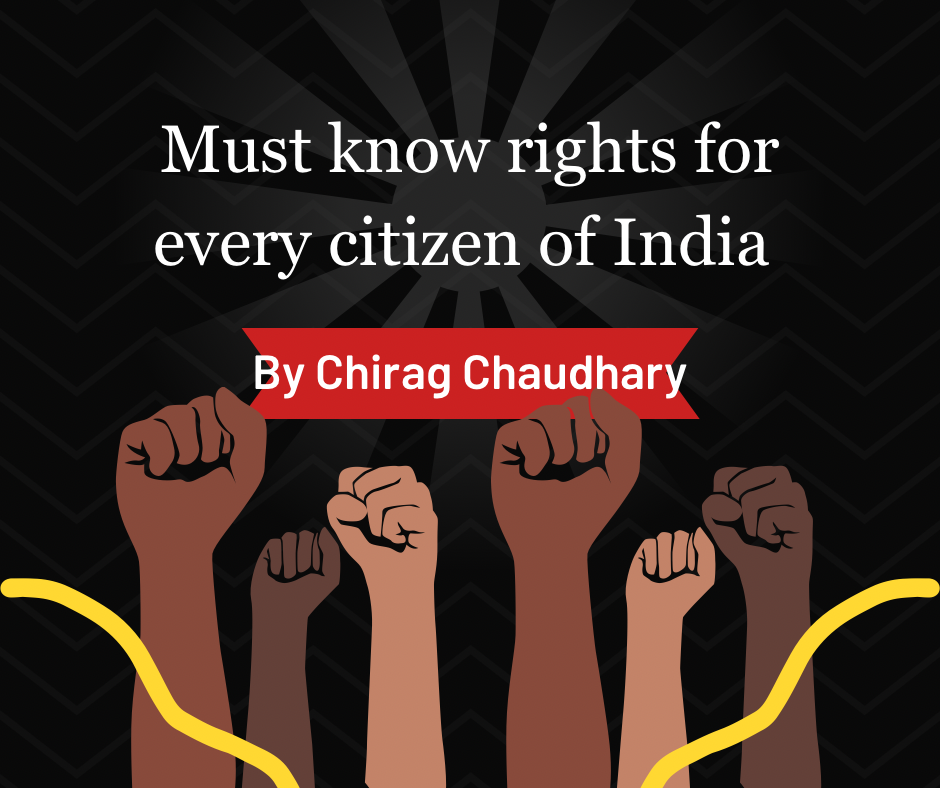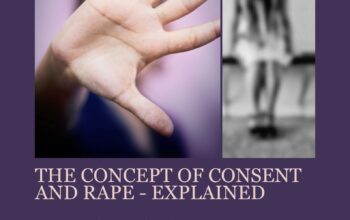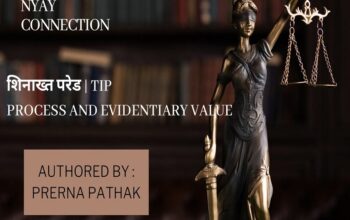India being the world ‘s largest democracy provides its citizens with some fundamental and basic legal rights. But sadly, most of us are not aware of them. Indian constitution and laws define fundamental rights as the basic human rights with some other basic civil rights and legal means for their protection. These include individual rights common to most liberal democracies, such as equality before law, freedom of speech and expression, freedom of association and peaceful assembly, freedom to practise religion, and the right to constitutional remedies for the protection of civil rights by means of writs such as habeas corpus. Violations of these rights result in punishments as prescribed in the Indian Penal Code, subject to discretion of the judiciary.
Some of these are listed below-
- RIGHT TO EQUALITY– The State shall not deny to any person equality before the law or the equal protection of the laws within the territory of India under article 14 of the Indian Constitution.
- RIGHT TO FREEDOM – The State guarantees freedom for citizens to live a life of dignity among other things. These are given in Articles 19, 20, 21A and 22 of the Indian Constitution. We shall take up the articles one by one in this section.
- RIGHT AGAINST EXPLOITATION – The right against exploitation, given in Articles 23 and 24, provides for two provisions, namely the abolition of trafficking in human beings and Begar, and abolition of employment of children below the age of 14 years in dangerous jobs like factories and mines.
- RIGHT TO FREEDOM OF RELIGION – The right to freedom of religion, covered in Articles 25, 26, 27 and 28, provides religious freedom to all citizens of India. The objective of this right is to sustain the principle of secularism in India. According to the Constitution, all religions are equal before the state and no religion shall be given preference over the other. Citizens are free to preach, practice and propagate any religion of their choice.
- CULTURAL AND EDUCATIONAL RIGHT- As India is a country of many languages, religions, and cultures, the Constitution provides special measures, in Articles 29 and 30, to protect the rights of the minorities. Any community which has a language and a script of its own has the right to conserve and develop them. No citizen can be discriminated against for admission in State or State aided institutions.
- RIGHT TO CONSTITUTIONAL REMEDIES- The right to constitutional remedies empowers the citizens to move a court of law in case of any denial of the fundamental rights.
- RIGHT TO PROPERTY – The Constitution originally provided for the right to property under Articles 19 and 31. Article 19 guaranteed to all citizens the right to acquire, hold and dispose of property. Article 31 provided that “no person shall be deprived of his property save by authority of law.” It also provided that compensation would be paid to a person whose property has been taken for public purposes.
- RIGHT TO FILE AN FIR- A police officer is not permitted to decline to file a FIR, as stated in Indian Penal Code under Section 166-A. A police officer who declines to submit a FIR for a cognizable violation is subject to punishment under Section 166A(c) of the Indian Penal Code if they are an Indian citizen.
- RIGHT OF PARENTS TO BE MAINTAINED BY THEIR CHILDREN – The right of parents to be maintained by their children, parents (father or mother, whether biological, adoptive, or stepfather or stepmother, whether senior citizen or not) have the right to demand support from their adult children under Section 125 of the Cr. P.C.
- THE RIGHT TO CLAIM A REFUND- The Consumer Protection Act of 1986 guarantees every consumer the right to a complete refund if they are not satisfied with their purchase or in the event that the consumer has not been able to utilise the services that he had paid for. In fact, It is illegal and an unfair trade practice to print “No exchange or refund” on bills and invoices.
- RIGHT TO EQUAL PAY FOR EQUAL WORK- The Equal Remuneration Act, 1976 is a law that mandates equal pay for both men and women for equal work done by them. When two or more people have done the same work under similar circumstances, they are entitled to be compensated equally.
- POLICE ACT 1861- A police officer is at all times on obligation whether or not he/she is sporting a uniform or not. If an individual makes a criticism of the officer, he/she couldn’t say that he can’t assist the sufferer as a result of he/ she is just not on obligation.
- LIMITATION ACT 1963- In case your workplace doesn’t pay you then you might have the ability to file an FIR towards it inside 3 years. However, for those who report after 3 years, you’ll not get something for the due.
- THE RIGHTS OF A WOMAN WHEN ARRESTED- The rights of a woman when arrested-As per section 46 of the criminal procedure code ( CrPC), apart from exceptional circumstances, no woman can be taken into custody before sunrise or sunset (After 6 pm and before 6 am). And, under no circumstances a male police officer can arrest a woman.
- RIGHT TO A FREE LEGAL AID- Under Article 39-A of the Constitution of India, the government has enacted this act to provide free legal aid service to all those who cannot afford to opt for the services of lawyers.
- RIGHT TO INFORMATION- Right to Information (Article 19 (1) (a) under the RTI Act, any citizen of India can request information from any public authority, and the authority will have to revert back at the earliest or within thirty days.
- MOTOR VEHICLE ACT- The right to take legal action if a police officer snatches your vehicle’s keys. According to the Motor Vehicle Act of 1988, you have the right to file a lawsuit against a traffic police officer who grabs your automobile or motorcycle’s key.
- RIGHT UNDER THE MATERNITY BENEFIT ACT 1961- The right under the Maternity Benefit Act, 1961 A pregnant woman cannot be fired by a corporation, according to the Maternity Benefit Act of 1961. A maximum of three years in prison could be used as punishment. Employees in the public and private sectors are subject to this rule.
- INCOME TAX ACT 1961- The Income Tax Act, 1961, If you violate tax laws, the tax collection officer has the authority to have you arrested, but first they must send you a notice. The Tax Commissioner alone determines how long you will be held.
- THE MAXIMUM RETAIL PRICE ACT 2014- The maximum Retail Price Act, 2014 any shopkeeper is not allowed to charge more than the advertised price of any good, but customers are free to haggle for a lower price.
We have attained freedom after a long battle. Thousands of lives were martyred for this land. Now it is our duty to know our legal rights as an Indian and enjoy our freedom. These rights not only deal with our day-to-day activities but also our way of life. After reading these rights, we must have noticed how many of these rights were waved by us because we were unaware of them. Every citizen of our country must be aware of these rights. It is not only the responsibility of a lawyer or court to protect your rights, if you yourself are not aware of their existence you won’t even know when they are hampered with. There should be a basic awareness about rights in the general public. Better late than never.
This article is written by Chirag Godhar. He is a legal associate working in Delhi and can be reached at chirag619chaudhary@gmail.com for feedback relating to the article.
If you are also a law student or legal professional and wish to contribute to the website, you may send your submission at nyayconnection@gmail.com.




